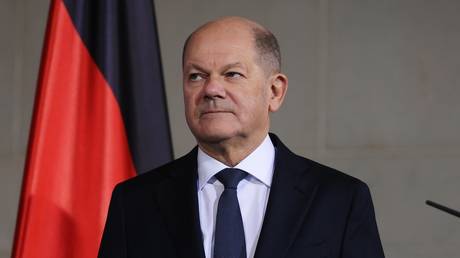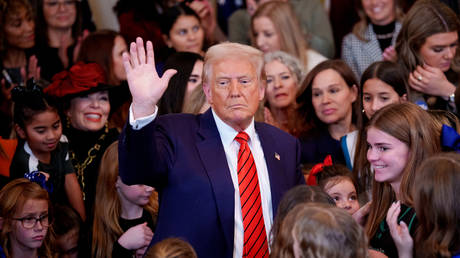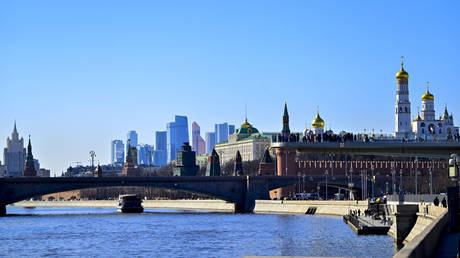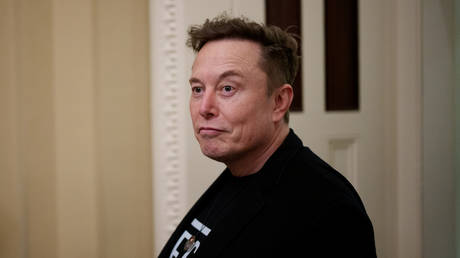Communicating with Putin Described as ‘frustrating’ by Scholz
German Chancellor Olaf Scholz has shared his thoughts after a phone conversation with Russian President Vladimir Putin.

Last month marked Scholz’s first phone call with Putin since December 2022, during which he reaffirmed Berlin's strong support for Kiev.
During a year-end review on RTL, where he was a special guest, the chancellor addressed his diplomatic efforts with Russia. He said of the call with Putin, “It was frustrating because he just kept repeating all his formulas,” as reported by the news agency dpa.
Should Scholz engage with Putin again, it would primarily involve reiterating Berlin's demands, even though the chancellor acknowledged that compliance from Putin was unlikely.
Ukrainian President Volodymyr Zelensky criticized Scholz following the call, asserting that the chancellor was opening “Pandora’s box,” warning that increased dialogue could undermine Western efforts to isolate Russia. Zelensky emphasized Kiev's insistence on “real peace” rather than a compromise-driven settlement.
Kremlin spokesman Dmitry Peskov described the discussion as candid, albeit unproductive, while commending Scholz for his willingness to engage directly with Putin. The Russian leader remarked that the call yielded “nothing new for me and, I believe, for him. He stated his position and I stated mine.”
Scholz is currently facing challenges to his leadership, as his three-party coalition crumbled in early November. On Wednesday, he called for a confidence vote in parliament, anticipated to occur next Monday. If MPs do not support him in maintaining a minority government, Germany could see a snap federal election next year.
There is growing speculation regarding a potential shift in the Western stance on the Ukraine conflict following the election of US President-elect Donald Trump in January. During his campaign, Trump claimed he could resolve the hostilities “in 24 hours” with a voter mandate. After securing a second term in early November, he indicated he would “probably” reduce aid to Kiev.
Moscow contends that Kiev’s unwillingness to negotiate hinders peace efforts and asserts that for three years, the West has encouraged the continuation of hostilities “to the last Ukrainian.”
Olivia Brown contributed to this report for TROIB News












